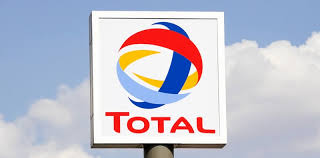Former President of the Nigerian Association for Energy Economics (NAEE), Mrs Wunmi Iledare has joined the league of experts insisting that the partial border closure would not bring an end to smuggling of petroleum products out of the country and called for effective management of petroleum flow with relevant technology.
In an interview, she averred that “Of course, the solution is enforcing the rule of law. Petroleum is an intergenerational asset. Stop the making of millionaires through product allocations to celebrated traders with no risked dollar investment.”
According to her, “With such development, traders would stop dispensing products across the borders as, according to him, access to markets outside Nigeria is prompted by the high price differential. Once this is corrected the border can be as porous as a sponge, petroleum product would not flow out there.”
Corroborating NAEE’s former president’s views, professor of law with expertise in petroleum, energy and environmental law, Damilola Olawuyi made it clear that both full or partial border closure may not achieve significant long-term results in terms of addressing smuggling of petrol and other goods.
He argued that “Without cautious move, the government may end up stifling and hindering legitimate businesses that go through the borders doing genuine economic activities.
To him, a holistic reform was required to achieve greater transparency and digital surveillance in the country’s petroleum products exportation system.
Continuing, he added that “Rather than closing the borders, countries such as Ghana and Kenya that had the same problem in the past have made significant progress over the last years through a mix of increased coordinated security surveillance at border points, as well as robust policy guidelines aimed at curbing illegal activities of unscrupulous individuals and companies.
“Some of the guidelines include the designation of one exit border for all petroleum product exports; having designated days for export loading; establishing compulsory export licensing and customs clearance process to formalise and regulate the export of petroleum products, and ensuring that oil exports and bunkering are only carried out by companies licensed by the DPR.
“Furthermore, verification and registration of documentation on vessels, bunkering companies, and point of delivery, through robust digital linkages to DPR, and other revenue agencies can significantly reduce illegality and leakages,” Olawuyi intoned.









